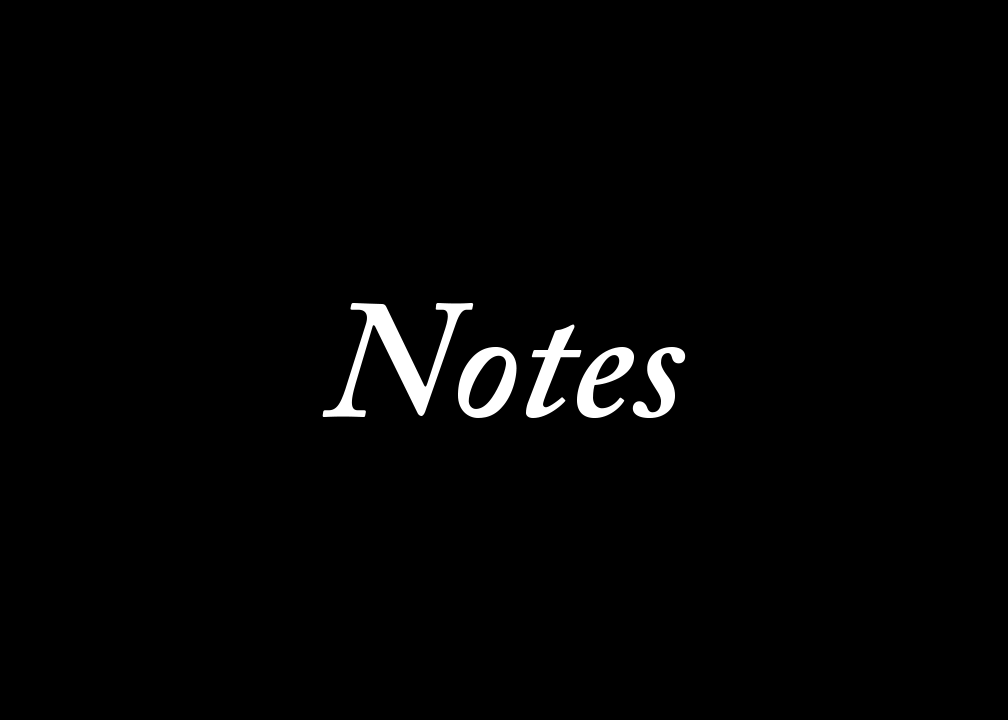A Technological Miracle in Eviction Court
There’s now a record of what goes on in Chicago’s eviction courtrooms—for the first time in sixteen years. After several years of lobbying by the Chicago Appleseed Fund for Justice, the Administration Office of the Illinois Courts spent $370,000 to install microphones in each courtroom to create transcripts of court hearings. Installation began more than four months ago and finished in early September, but “software problems” meant the microphones didn’t start recording until the Reader’s Maya Dukmasova asked the chief judge’s office about it in late October. By some miraculous coincidence, the microphones started working the very next day.
The benefits of a transcript are obvious: Chicago’s eviction courts go through around 20,000 cases a year, eighty percent of tenants are not represented by a lawyer, and hearings take an average of one minute and forty-four seconds to decide whether a resident will lose their home. With that volume and speed, mistakes are inevitable; a record of the hearing allows tenants to appeal the decision, ensure judges are interpreting and applying the law correctly, and get a chance to stay in their home.
The Reader’s story focused on the impact recording equipment will have for tenants, but the history is equally shocking. In the early 2000s, eviction courtrooms lost all of their recording equipment and court reporters, the victim of unspecified “budget cuts.” Since then, residents without the finances and foresight to hire a court reporter have faced the loss of their homes, without even a record to ensure the law was followed. The eviction courts remain stacked against tenants, but correcting this long-standing inequity is a move in the right direction.
House and Home
Nearly three and a half decades after its heyday, traces of Chicago house are heard on dubplates and whitelabels around the world. Outside the U.S., the genre has long been recognized as one of the Midwest’s greatest cultural exports—and in recent years, it’s gained institutional support in its hometown, from the collection of Frankie Knuckles’ records at the Stony Island Arts Bank to the Chicago House Music Festival.
Amidst this, Jesse Saunders’ interview with Newcity doesn’t just recount history—it casts light on his role in shaping it. The Warehouse, Muzic Box, and Power Plant have long been canonized, but Saunders’ recollection of the Playground on 14th and Michigan adds intimate detail of a club lost to time.
No one should get stuck in the past, of course—today, Saunders is one of the ringleaders of the wildly successful Chosen Few DJs (as well as the stepbrother of Wayne Williams, who founded the crew while still in high school back in 1977).
But interviews like Saunders’ make the human details clearer. Take, for instance, his reflection on the 1984 single “On and On,” which paired 808 kicks with dub delay, and just about created house music in the process. Plenty of ink has been spilled on the relationship between R&B, disco, soul, and house—but to hear Saunders tell it, “On and On” was directly inspired by the loss of a bootleg track with the Space Invaders bassline.

